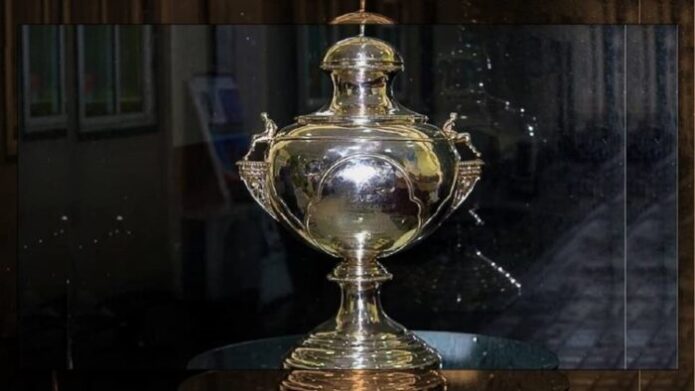The Rovers Cup was a football event conducted in India every year. The Western India Football Association was in charge of organising the tournament. It was India’s second-oldest tournament, after the Durand Cup. In India, the Rovers Cup, along with the illustrious Durand Cup and the IFA Shield, were the primary championships.
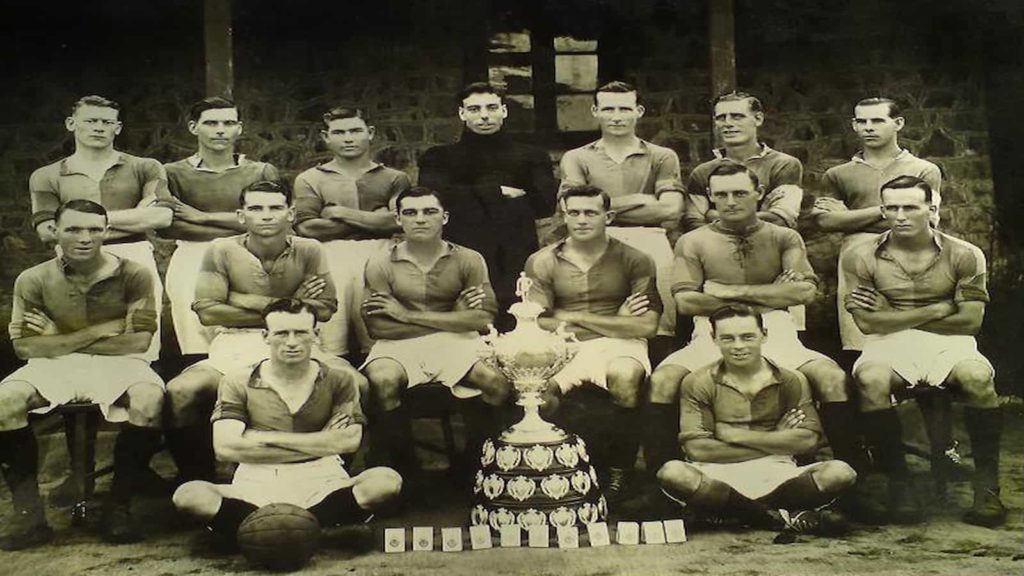
A group of British football fans in Bombay, Maharashtra, founded the championship in 1980. Most of it was for their own entertainment. The first team to win the championship was the First Worcester Regiment.
The Rovers Cup was first unveiled in 1891, under the auspices of the Rovers Club, which was patronised by Mr. Justice Russell. For the first two decades, the Rovers Cup was solely open to British teams. However, efforts were made to recruit Indian football clubs with the founding of WIFA in 1911, which merged the Rovers Club with the Bombay Football Association.
Also see: List of All Major Domestic Football Tournaments and Leagues in India
History of WIFA
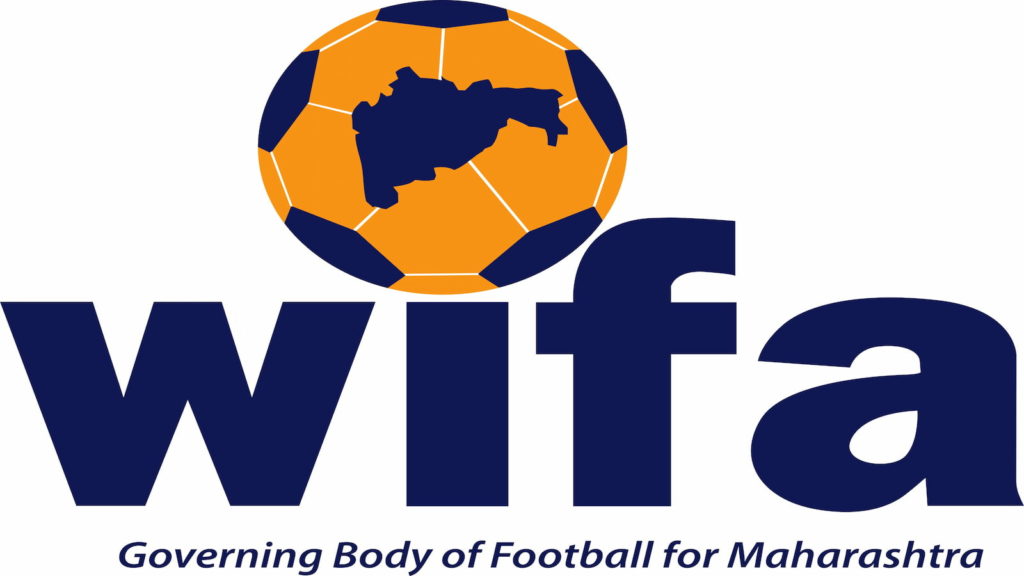
Football is a popular sport in Mumbai. The Mumbai District Football Association (MDFA), which has five divisions, is the official league. It is a member of the Western India Football Association (WIFA), Maharashtra’s governing organisation for football.
Pre-independence India, Mumbai was the second football capital of the country after Kolkata. The Bombay Football Association (BFA) was founded in 1902. They held a competition for the league. Colonel Harwood, who was the president of BFA at the time, was the one who donated the trophy. In 1911, the BFA and the former Rovers Cup committee merged to form the WIFA.
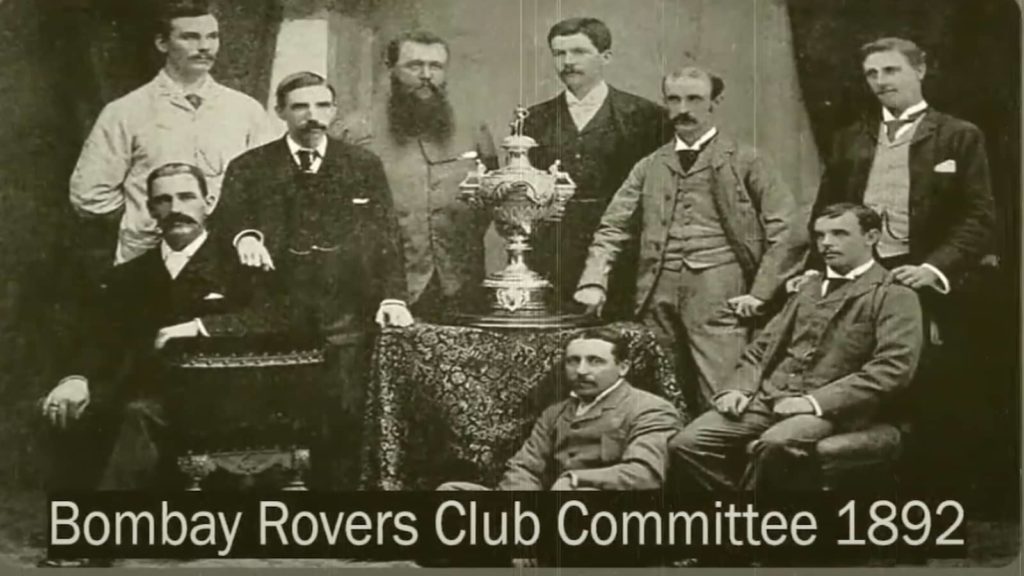
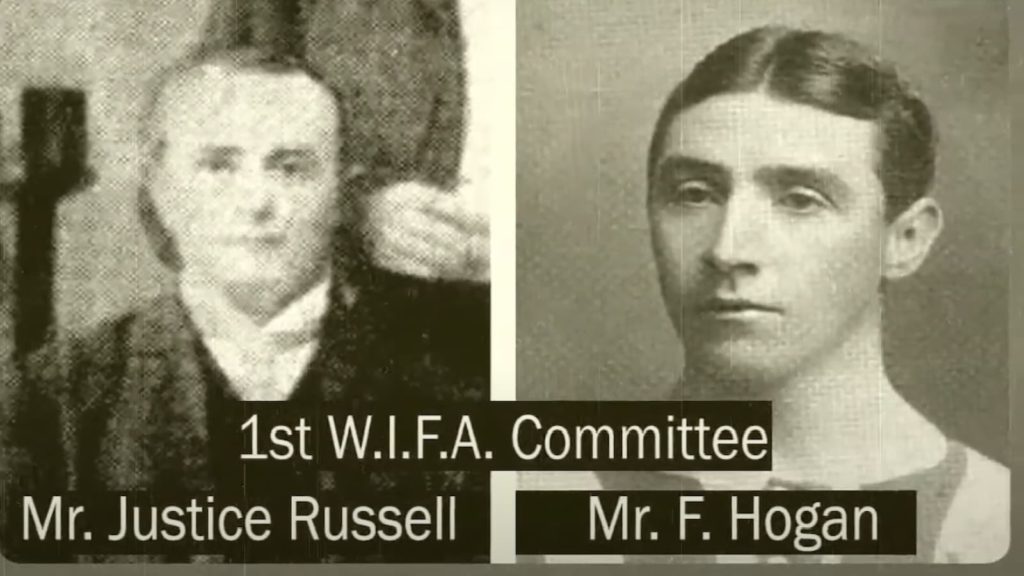
Mr. P. R. Cadell, President of the League Committee, was Vice President, and the Hon. Mr. Justice Russell, President of the Rovers Cup Committee, was elected President. Mr. F. Hogan and Mr. Linn, the respective Secretaries, became joint Hon. Secretaries. In their different positions, both Mr. Justice Russell and Mr. Hogan appear to have been involved in the organisation of football in Bombay since 1902. In Mumbai’s early days, they were clearly the true backbone of football.
Rise of Indian Teams
Bengal United, a squad made up of Indian soldiers serving in British battalions, was the first Indian team to compete in the Rovers Cup.
After attaining immense popularity and about to complete its Silver Jubilee, the Rovers Cup faced a major blow in the form of World War One. The tournament was suspended from 1914 to 1920 as the chief venue for the event, the cooperage ground was occupied.
In 1921, an attempt to revive football in Bombay saw the Rovers Cup make its way back into the season calendar. During those days, WIFA made a conscious effort to encourage civilian teams to participate in the Rovers Cup in order to popularise football across the country.
Debut of Mohun Bagan
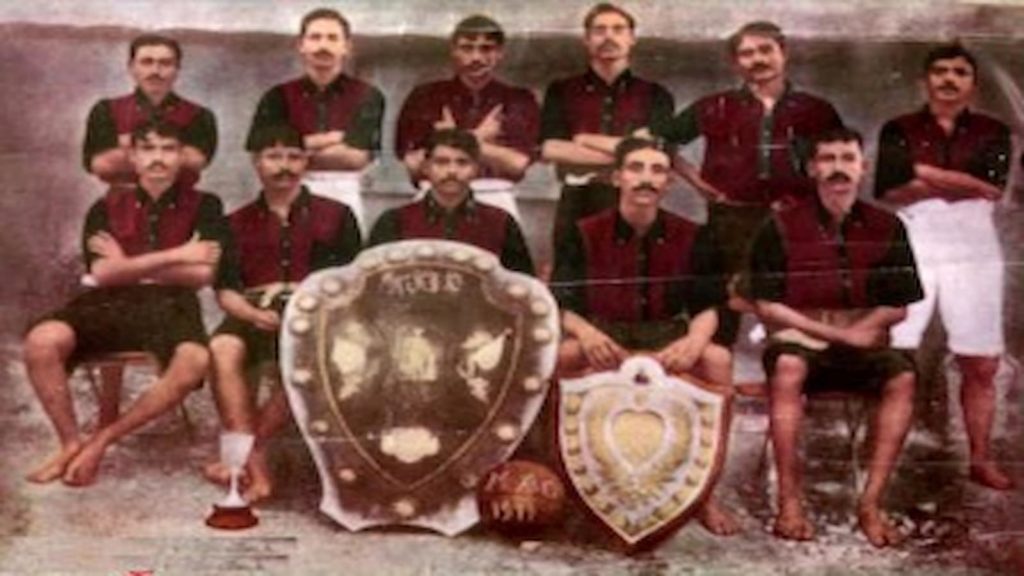
Mohun Bagan had the pleasure of winning the most coveted I.F.A. Shield of Calcutta in 1911, and their spectacular displays actually set the Cooperage ablaze. They became the first non-army civilian club to participate in 1923 and secured the runner-up shield in their very first campaign. After leading by a goal for nearly 45 minutes, Durham Light Infantry defeated them 4-1 in the final. They did, however, claim the distinction of being the first civilian team to reach the tournament’s final round since 1891.
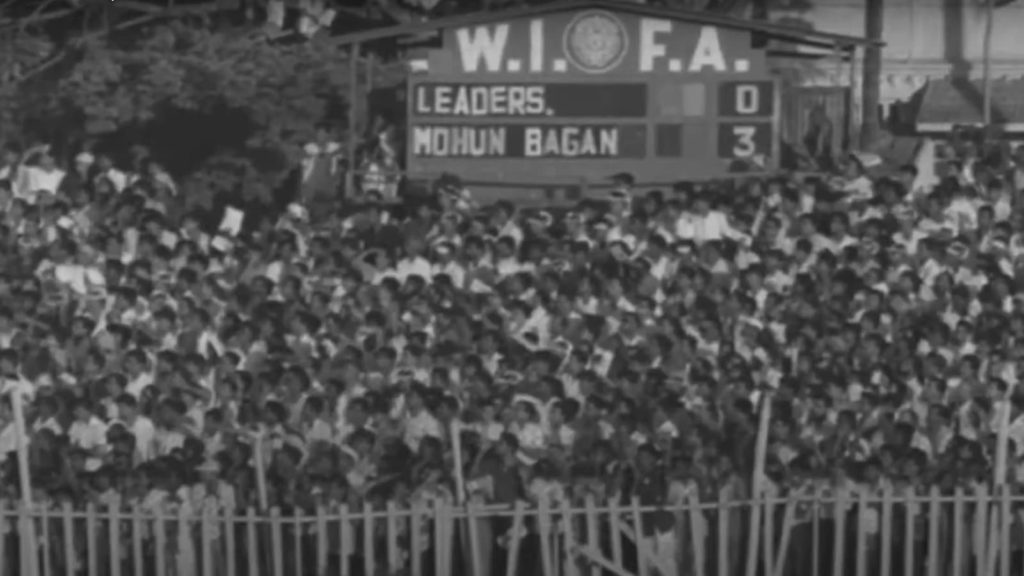
Because of Mohun Bagan’s popularity and large fan base, the committee members felt compelled to invite teams from all across the country. The Controlling Body, led by Sir Joseph Kay, made every effort to increase the Rovers Cup’s popularity by inviting more Indian teams from all around the country. Mohun Bagan holds the record for the most trophies, with 14 Rovers cups.
Bangalore Muslims Achievements
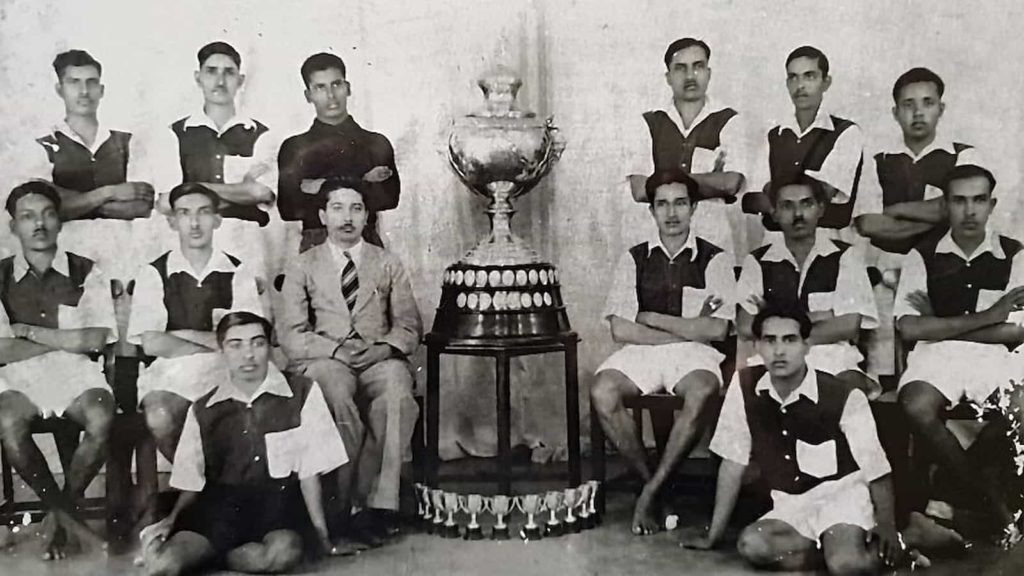
The Indians had their first taste of triumph in 1937. Bangalore Muslims made history by being the first Indian team to win this renowned competition. They defeated Mohammedan SC by a score of 1-0 in an all-India final. Despite their collective moniker, the majority of their players were non-Muslims.
They won the Rovers Cup again in 1938, becoming the first civilian team to defeat a British regimental side in the final. By a score of 3-2, they defeated the Argyll and Scottish Highlanders.
Rare Achievement by Hyderabad Police
In 1950, a new squad appeared on the horizon: the Hyderabad Police, who won the cup for five consecutive years (from 1950 to 1954) under the mentorship of the legendary Syed Abdul Rahim. On November 3, 1954, Hyderabad City Police beat Keamari Union, Karachi (a Pakistani club) 2-1 to win the cup for the fifth time in succession. Their popular skipper, Moin, got a big hand from the crowd as he received the coveted Rovers Cup.
In the entire history of this event, no team has ever won the trophy for more than three years in a row. They are the third most successful club in Rovers Cup history with nine trophies.
In 1958, Caltex Sports Club, led by Anthony, had the honor of becoming the first local team to win the Rovers Cup. In the final, they defeated the famed Mohammedan Sporting of Calcutta by a score of 3 to 2.
After 1961, the Goan clubs joined the tournament. They were, however, quickly thrust into the spotlight. Vasco Club was the first Goa team to reach the final, and Dempo was the first to win. In 1974 final, Dempo defeated Tata, a local team, 2-1. There is a massive fan following for the Goa-based teams. The reason for this was that many of them had gone to Mumbai to work.
Visits from Overseas teams
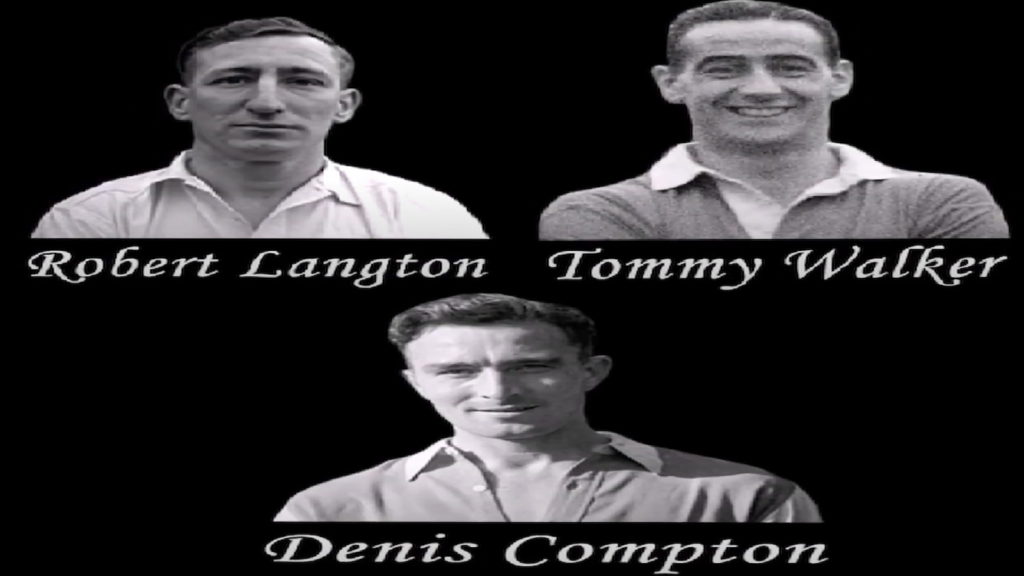
It wasn’t just a domestic competition; even foreign teams played their part. Many teams from Europe and Asia played in the Rovers Cup in the mid 20th century. Also, a number of top international footballers, like Denis Compton, Tommy Walker, Robert Langton, and many more, played in the Rovers Cup.
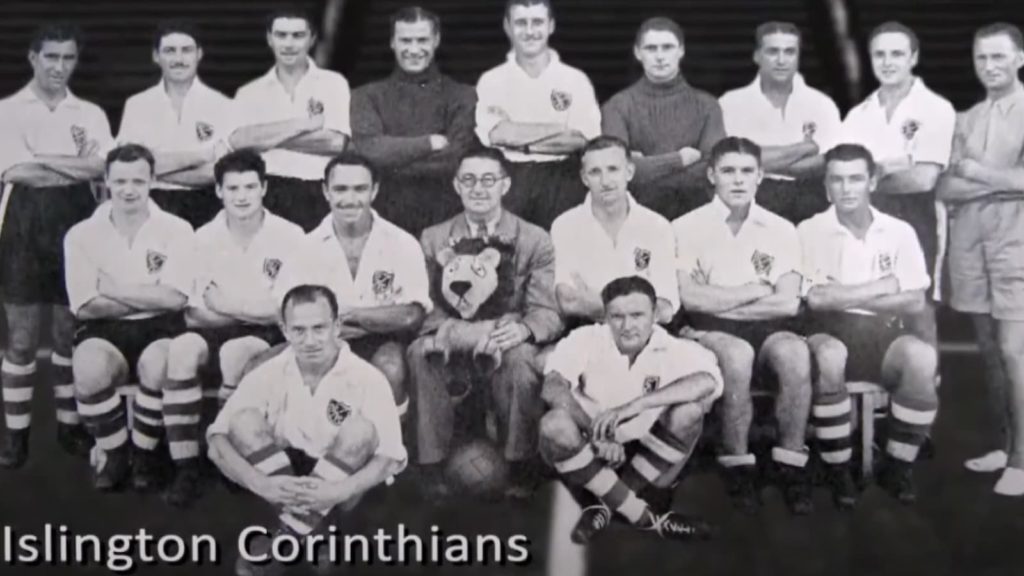
Salahaddin FC (Iraq), Al-Jaish Army SC (Iraq), and Oman Club (Oman) even won the whole tournament in 1982, 1983, and 1995, respectively. These three teams are the only successful foreign teams in the competition’s history.
Cooperage : the Chief Venue
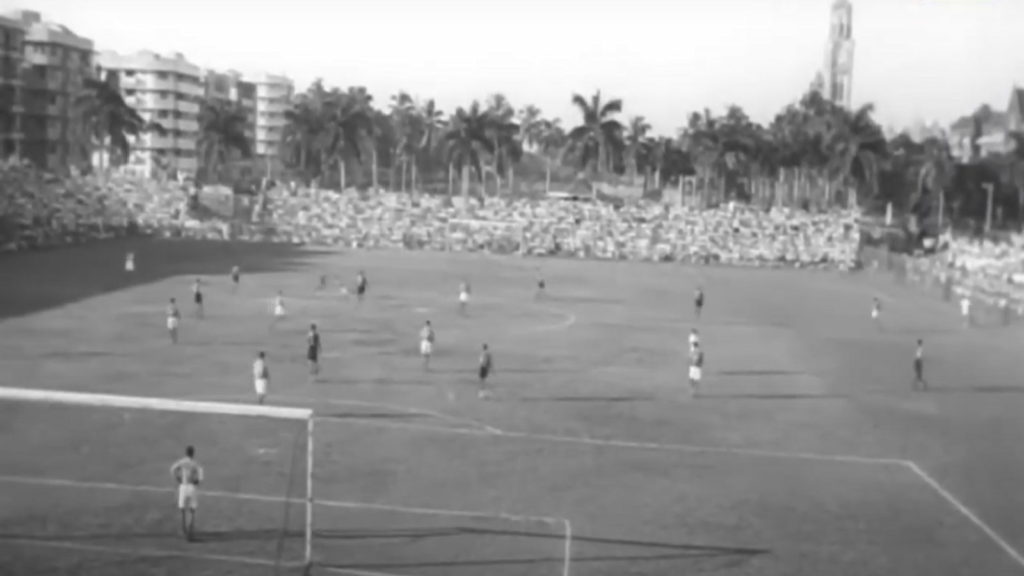
Except for 1980–83, the Rovers Cup was always hosted at Cooperage Stadium. Temporary stands were erected on the western side of the stadium during the Cup. The remaining sides were left open. The playing area was roped in during the league, and a few chairs were placed in the west for a fee of “four annas.” A bar at the bandstand corner served as a side attraction for spectators, where competing teams and their fans could complete their arguments about the day’s game.
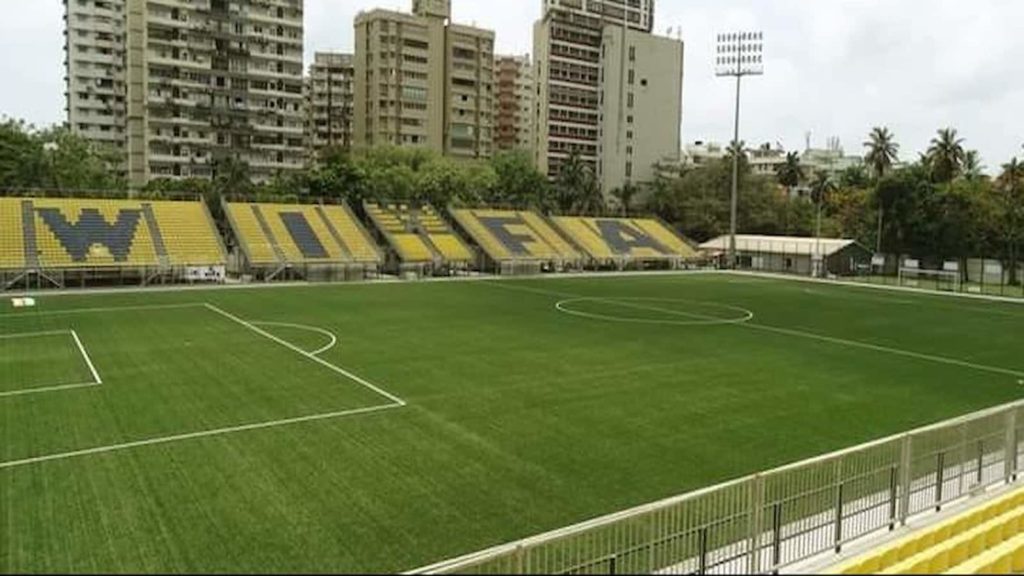
By 1937, the ground had been improved and developed a lot. The days of being able to go around on open terrain were long gone. Corrugated iron sheets were used to enclose it on all sides, and a semi-permanent covered stand was erected on the western side. Even in Calcutta, the home of Indian football, these facilities were lacking at that time.
The tournament also had some unusual moments. In 1947, when the stands collapsed during a quarterfinal match between Mohun Bagan and the 1st Bn, South Staffordshire Regiment, the competition was called off. On three different occasions, the tournament saw two joint winners. The first such result came in 1962. Andhra Pradesh Police and East Bengal were declared the joint winners after a score of 1–1 and again 1–1 after the replay. Mohun Bagan and East Bengal were the joint winners in 1972–73 after a score of 0–0 and 0–0 (after extra time). Mohammedan Sporting and East Bengal drew 1–1 (after extra time) and were the joint winners of the 1980 edition.
A Dramatic Rovers Cup Final
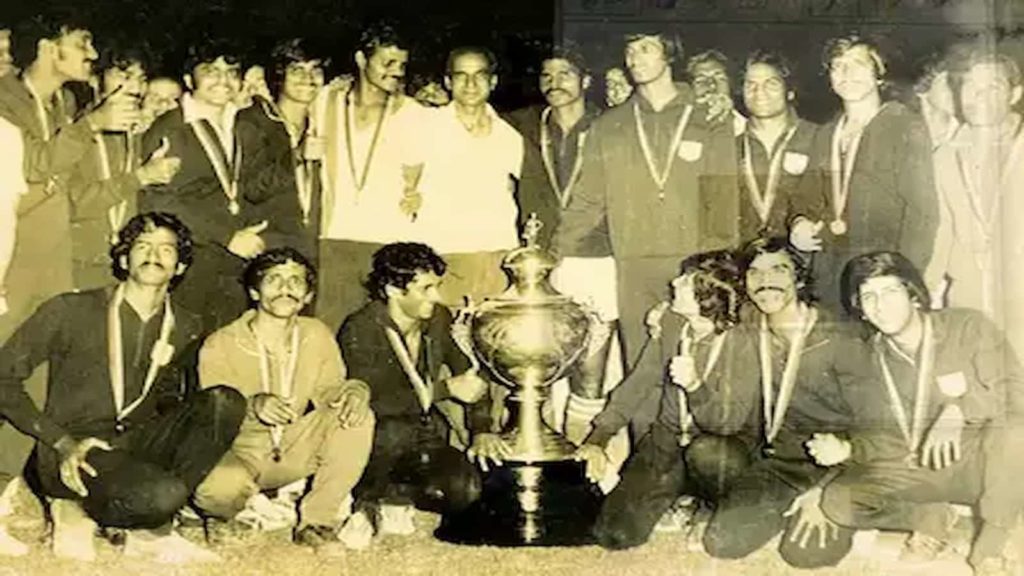
The 1974–75 season finale, was full of drama. Dempo SC, had reached the Rovers Cup final for the first time in 1975. Chaos occurred both inside and outside the Cooperage Stadium on the day of the final against Tatas. Spectators crowded every possible seat inside the stadium hours before kick-off, and when the team arrived, players battled to find their way in.
Socorro Coutinho (Dempo’s left-back) got stuck outside in the midst of the chaos. Nobody appeared to notice when coach Rathnam sent his players out for warm-ups that Socorro was not among them. It wasn’t until Rathnam was going over his starting lineup that everyone realized Socorro was missing. The coach made it plain that his side would not be allowed to play. The defender was quickly tracked down by police, and after he was located outside the stadium, a security perimeter was erected to escort him inside.
Tata SC seized the lead, led by internationals Shabbir Ali, Marto Gracias, and goalie Bandya Kakade. The Goans were running out of time, and with only six minutes remaining, Dempo equalized through Francis. The goal was contested, causing uncertainty among the crowd, who were largely Goans. The referee had no choice but to call the game off since the audience was becoming agitated and not letting play continue. Also, Dempo refused to continue after having a goal disallowed. So, the match was abandoned in the 84th minute, with the score 0–1. The game was replayed a week later, on March 16, 1975, Francis was once again at the center of the action, this time winning a penalty that was converted by K. Williams in the dying minutes to seal the victory.
End of Rovers Cup and its reason
Since 1930, the Rovers Cup had established itself as Mumbai’s most prominent sporting event. The supporters came to watch the games from all over the country. People sold Duplicate tickets on the black market outside the cooperage due to the high demand.
But today, the Rovers Cup doesn’t exist at all. The Rovers Cup began to have issues after the formation of the National Football League (NFL). The event was finally canceled in 2001 due to high expenses and sponsorship concerns.
The last time the title was held was in the 2000–01 season, when Mohun Bagan AC defeated Churchill Brothers SC in the final by a score of 2–0.
The WIFA is currently working to bring the competition back to life. For various reasons, since the cup was abolished in 2001, cooperage has gone through serious changes and is ready to scream again. So when the Rover’s Cup makes its way back into the Indian football calendar, it wouldn’t be a surprise to see a houseful of co-ops stadiums just like in the golden days.
Performance in Rovers Cup by Indian teams
| Rank | Club | Wins | Last Win | Runners-up | Last Runners-up |
| 1 | Mohun Bagan AC | 14 | 2000-01 | 10 | 1987 |
| 2 | East Bengal Club | 10 | 1994 | 4 | 1988 |
| 3 | Hyderabad City Police | 9 | 1963 | 1 | 1943 |
| 4 | Mohammedan SC | 6 | 1987 | 9 | 1991 |
| 5 | Dempo SC | 4 | 1986 | 1 | 1989 |
| 6 | Bangalore Muslims | 3 | 1948 | 2 | 1953 |
| 7 | Salgaocar SC | 3 | 1999 | 1 | 1985 |
Some More Images of Rovers Cup
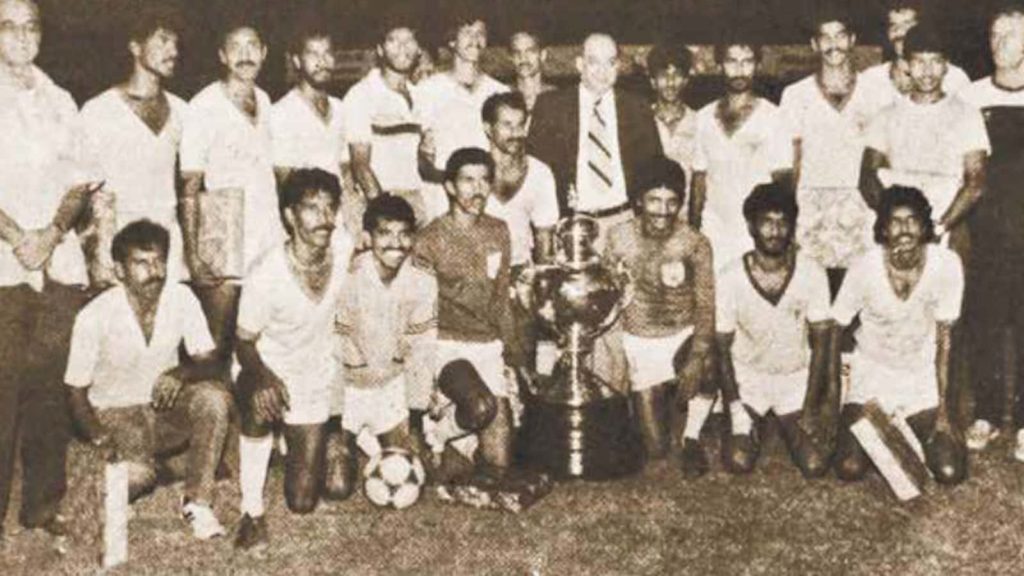
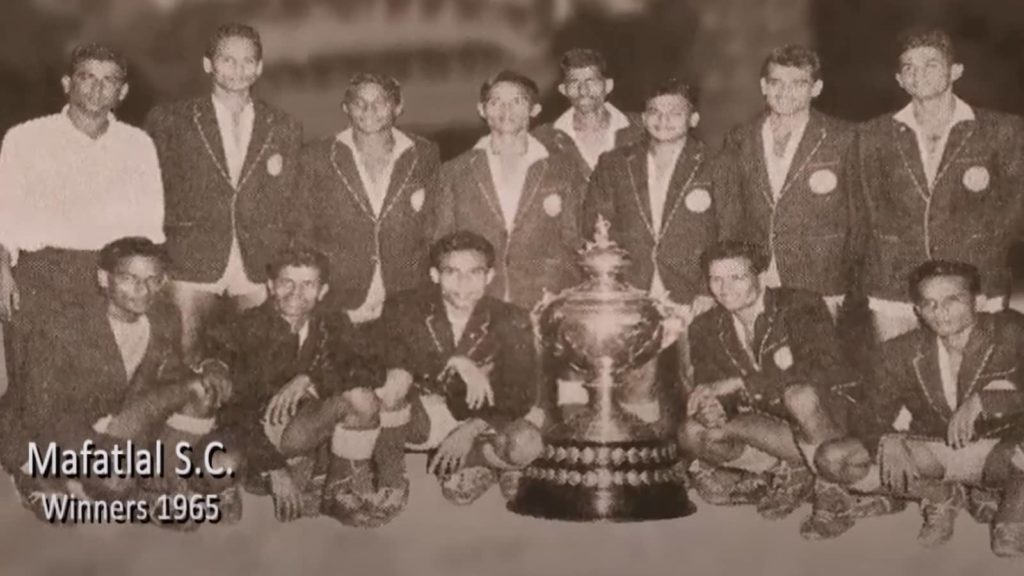
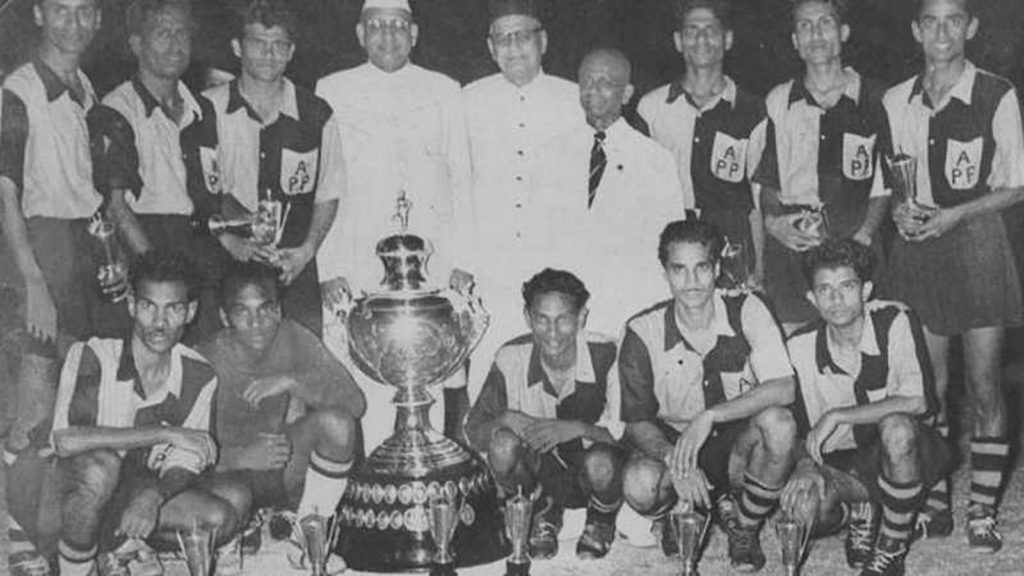
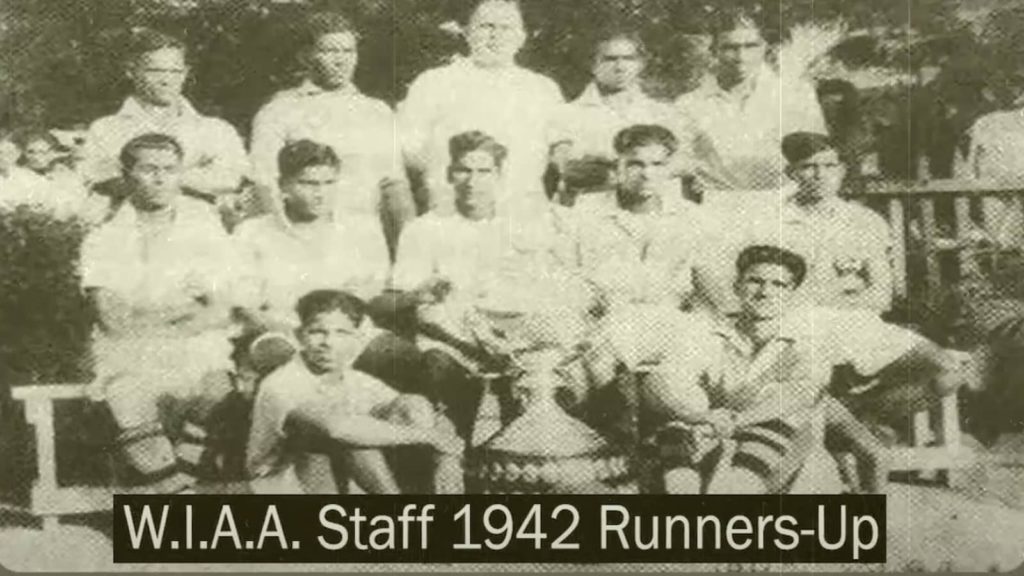
Thank you for reading it. Leave us a comment if you liked it.
Do follow us on: Google News | Facebook | Instagram | Twitter | Youtube | LinkedIn
Have a good day ahead 🙂

